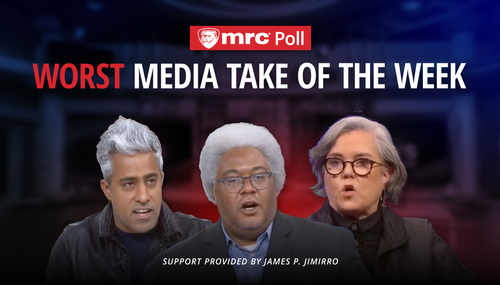The Huffington Post is freaking out over climate change, and wants to figure out why most people aren’t.
“CLIMATE IN CRISIS,” HuffPo blared the headline on May 16. In addition to that all caps header, the homepage included an image of a flaming globe.

HuffPo’s hype stemmed from NASA’s recent announcement that April 2016 was the hottest month on record. Senior writer Dominique Mosbergen warned about NASA’s “grim news” and described April’s temperatures as “soaring.”
Perplexed as to why many people weren’t as alarmed as HuffPo, Mosbergen spent three whole paragraphs examining the psychological dynamic behind climate apathy.
Citing the American Psychological Association (APA) Mosbergen wrote, “Overexposure to such news and a feeling of emotional paralysis may be fueling widespread apathy for climate change.”
Mosbergen also quoted “eco-psychologist” Craig Chalquist who said the lack of climate alarmism resulted from an unconscious defense mechanism in which people blocked out catastrophic news.
“We tend to defend ourselves in different ways against intolerable knowledge, so when you’re telling people this end-of-the-world news, their defenses kick in and they start numbing unconsciously,” said Chalquist.
HuffPo similarly tried to psychoanalyze its readers on May 5, with a post: “Climate Change Is A Major Threat To Us All, But Here’s Why You Might Not Care.”
In it, reporter Lydia O’Connor suggested climate alarmists may be drawing from a “finite pool of worry,” and that all the panic surrounding climate change might have created an “emotional numbing.”
A reason HuffPo didn’t consider for people keeping cool in the face of warming hype is that alarmist predictions have been notoriously off-base. In 2008, for example, ABC warned that a rising sea level could shrink New York City by June of 2015.
NASA’s temperature data also has a shaky history. For example, after NASA said 2014 was the hottest year on record, but it turned out there was only 38 percent confidence in the claim. Even if it was the hottest year, scientists said it was by a “statistically meaningless margin.”





